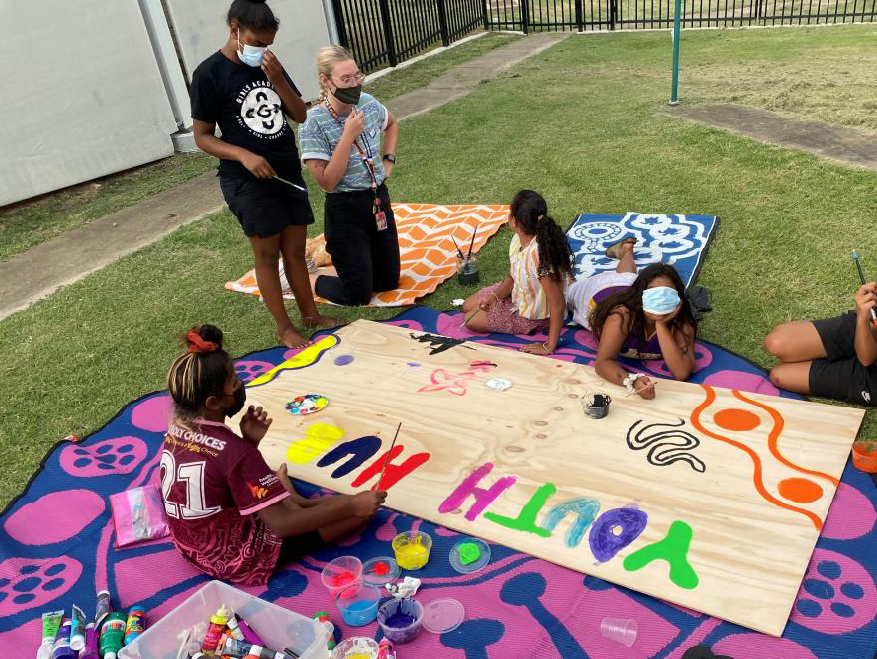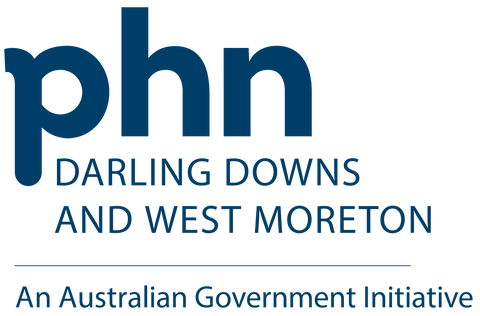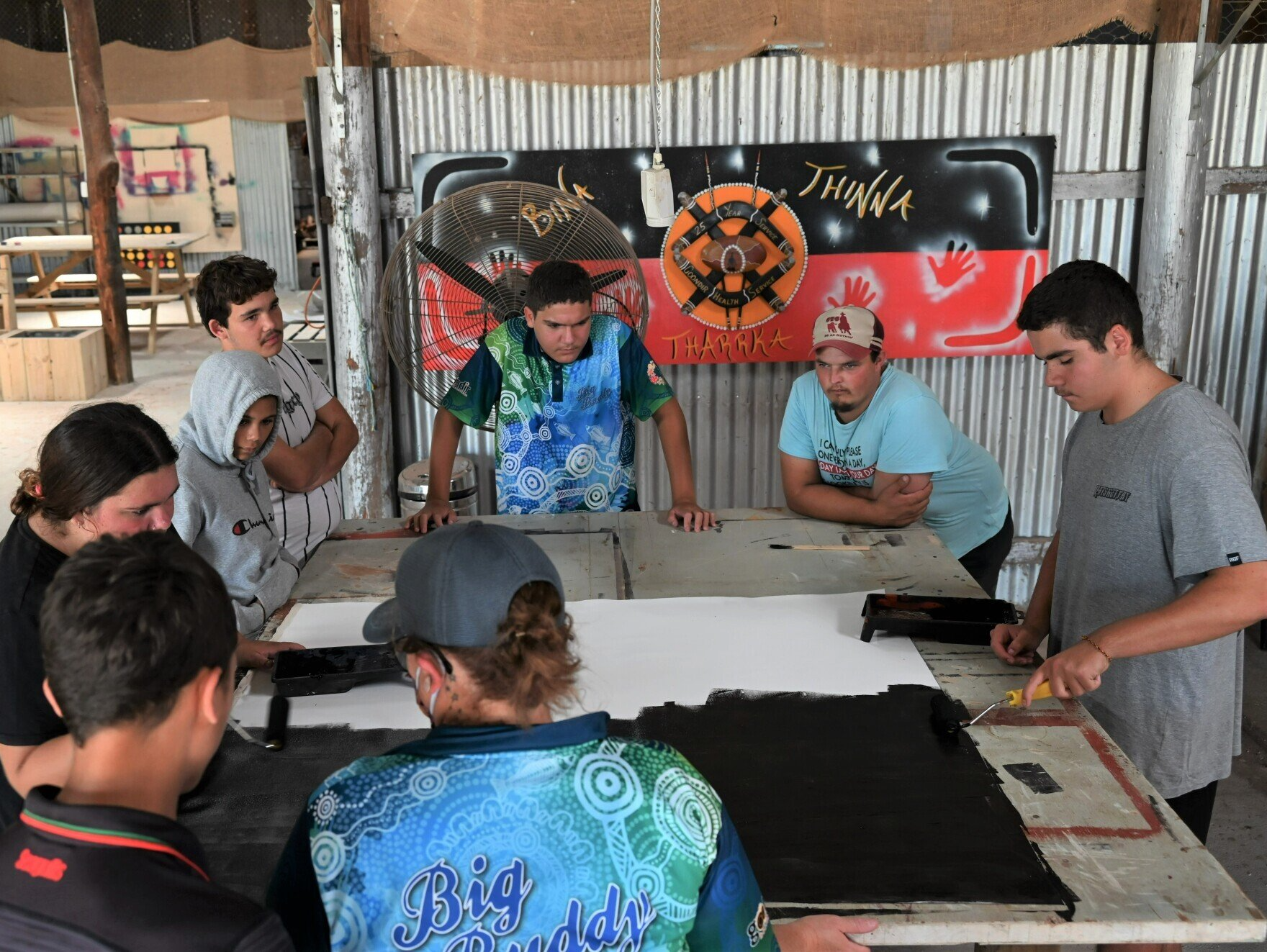Our people
Improving health of Aboriginal and Torres Strait Islander peoples
Aboriginal and Torres Strait Islander Peoples are advised that the following page may contain images and names of people who have passed away.
Aboriginal and Torres Strait Islander Health Strategy 2021-2025
Together with our key partners, the PHN developed the Torres Strait Islander Health Strategy 2021-2025.
This strategy outlines the PHN’s health equity approach and contribution towards closing the life expectancy gap between Aboriginal and Torres Strait Islander peoples and the broader community.
The fundamental elements of our approach are:
- embedding Aboriginal and Torres Strait Islander voice into everything we do
- our stakeholder partnerships
- agreement on cross-sector health priorities
- cultural safety
- sharing health intelligence
- recognising the impacts of trauma
- focusing on making a difference.
The strategy is centred around the key commitment to work in a supportive and transparent way with our stakeholders, including how we co-design, co-develop, co-implement and co-evaluate our commissioned Aboriginal and Torres Strait Islander health services into the future.
Innovate Reconciliation Action Plan (RAP)
In 2021-2022 we continued our commitment to reconciliation, ensuring the voices of Aboriginal and Torres Strait Islander peoples are heard and considered in all the organisation’s decisions and actions.
Some of our key actions this year included:
- Aboriginal and Torres Strait Islander study grants
- events to recognise important dates (e.g. NAIDOC Week)
- development of an internal anti-discrimination policy
- Aboriginal and Torres Strait Islander Health Strategy
- inclusion of Aboriginal artwork and the Uluru Statement in both PHN offices
- review of Acknowledgement of Country
- participation in Reconciliation Australia’s biennial Workplace RAP Barometer.
By taking these actions and improving cultural understanding throughout our PHN, we can influence sustainable change that will incorporate the knowledge, traditions, customs and values of Aboriginal and Torres Strait Islander peoples and their cultures. With improved understanding, we will be able to provide efficient and effective support to our key health service delivery partners to improve the health of Aboriginal and Torres Strait Islander peoples that reside in our communities.
Big Buddy Program
The Big Buddy Program works towards closing the gap with its holistic approach to responding to identified social and economic determinants of health. The PHN-funded program targets 12- to 17-year-olds in Chinchilla to create intergenerational change and empower young people to reach their full potential through their 'SIMPLE' approach: Social Inclusion, Mentorship, Promoting Life Skills and Education.
Activities are designed to support Aboriginal and Torres Strait Islander students, and other students, to develop the knowledge and skills needed to transition from the teenage years to healthy adulthood and meaningful employment. There is a particular focus on healthy lifestyle choices through the provision of culturally appropriate health information, mentoring and positive role modelling. Students who are identified as being likely to benefit from assistance provided by other support agencies and services can also be referred by the Big Buddy team.
In 2021-2022, Big Buddy supported:
- 166 targeted activities
- 123 Aboriginal and Torres Strait Islander children
- 98 non- Aboriginal and Torres Strait Islander children

After Hours Youth Hub
CRAICCHS' After Hours Youth Hub aims to increase the resilience of the young people of Cherbourg through mentoring, education, and assistance. Since its beginning in January 2022, there have been over 400 points of contact per month, with a variety of activities provided for the young people of Cherbourg.
CRAICCHS work in collaboration with young people to reduce the isolation, grief and trauma caused by COVID-19 and high rates of suicide.
The program’s objectives:
- Provide a culturally safe after-hours space for 'at-risk' young people to connect with workers and receive relevant supports.
- To engage participants in cooking an evening meal and returning them home in a timely fashion for school the next day.
- Provide purposeful structured and unstructured activities as well as targeted life programs.
- Complete referrals to appropriate services regarding health, education, and social support.
This project is a community development program with ideas generated from local youth, community members, and employees of CRAICCHS.
Integrated Team Care
Integrated Team Care (ITC) and its predecessors, Care Coordination and Supplementary Services and Improving Indigenous Access to Mainstream Primary Care, was established to help Aboriginal and Torres Strait Islander people with eligible complex chronic conditions who are unable to effectively manage their conditions, through access to one-on-one assistance from care coordinators. Since the establishment of ITC, the provision of care coordination, expediting access to necessary services and developing care pathways and service linkages, has resulted in an improved quality of life for clients enrolled in the program.
The aim of the ITC program is two-fold:
- contribute to improving health outcomes for Aboriginal and Torres Strait Islander people with chronic conditions through access to care coordination, multidisciplinary care, and support for self-management
- improve access to culturally appropriate mainstream primary care services (including but not limited to general practice, allied health, and specialists) for Aboriginal and Torres Strait Islander people).
In the 2021-2022 financial year:
46,810
care coordination
services delivered
17,472
supplementary services
delivered
14,998
clinical services
delivered
Aboriginal and Torres Strait Islander Study Grants
Michael Woods and Josiah Little have made major progress in their studies since receiving Aboriginal and Torres Strait Islander Study Grants from the Darling Downs and West Moreton PHN in 2022. The grants were provided to eight students who were studying Certificate IV in Aboriginal and/or Torres Strait Islander Primary Health Care at TAFE Toowoomba.
Following the completion of his Certificate IV, Josiah plans to build a career as an Aboriginal Health Worker with a focus on advocacy and mental health support.
“I always had an interest in helping people, I was raised to look after people, young and Elders alike. Health is a good place for me to work so I can help my Mob,” said Josiah.
Meanwhile, Michael is looking forward to completing his Certificate IV following an upcoming two-week practical placement at Kingaroy Hospital.
“My focus is on preventative health and supporting people to transition out of hospital and back into the community,” said Michael.
Both men are passionate about the availability of culturally safe care.
“Most of our Mob feel more comfortable with an Indigenous health staff, we are more likely to open up, there’s that shared understanding,” said Josiah.
Image: Michael Woods (R) and Josiah Little (L) at TAFE Toowoomba.



